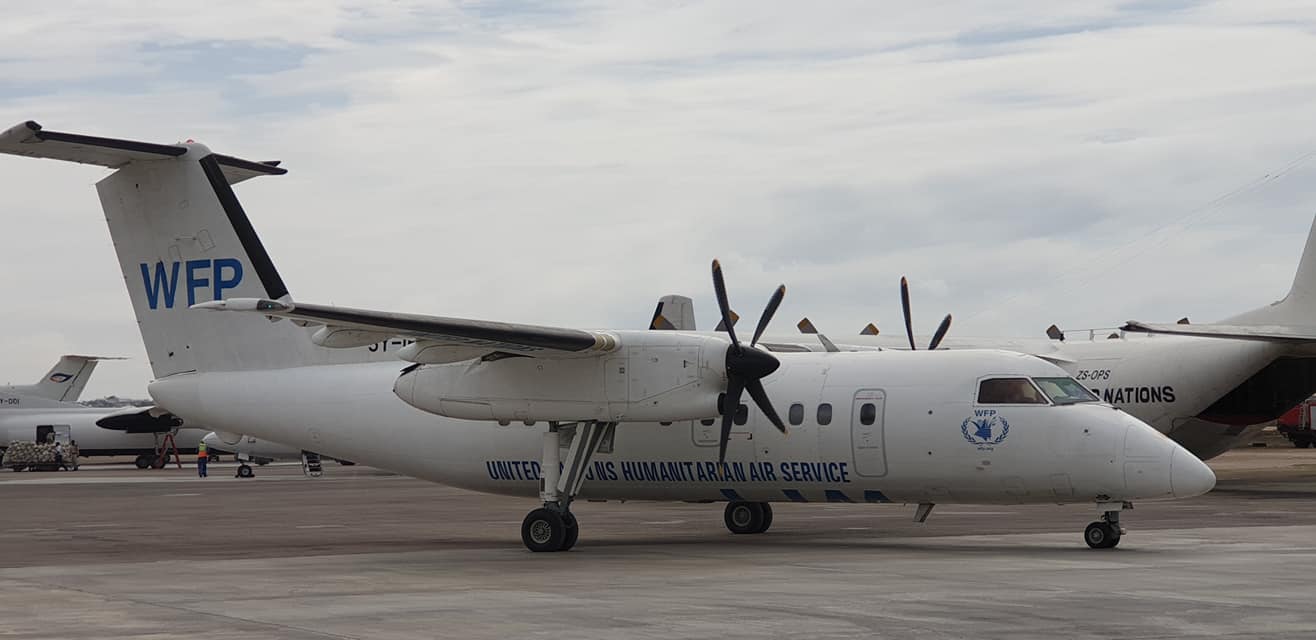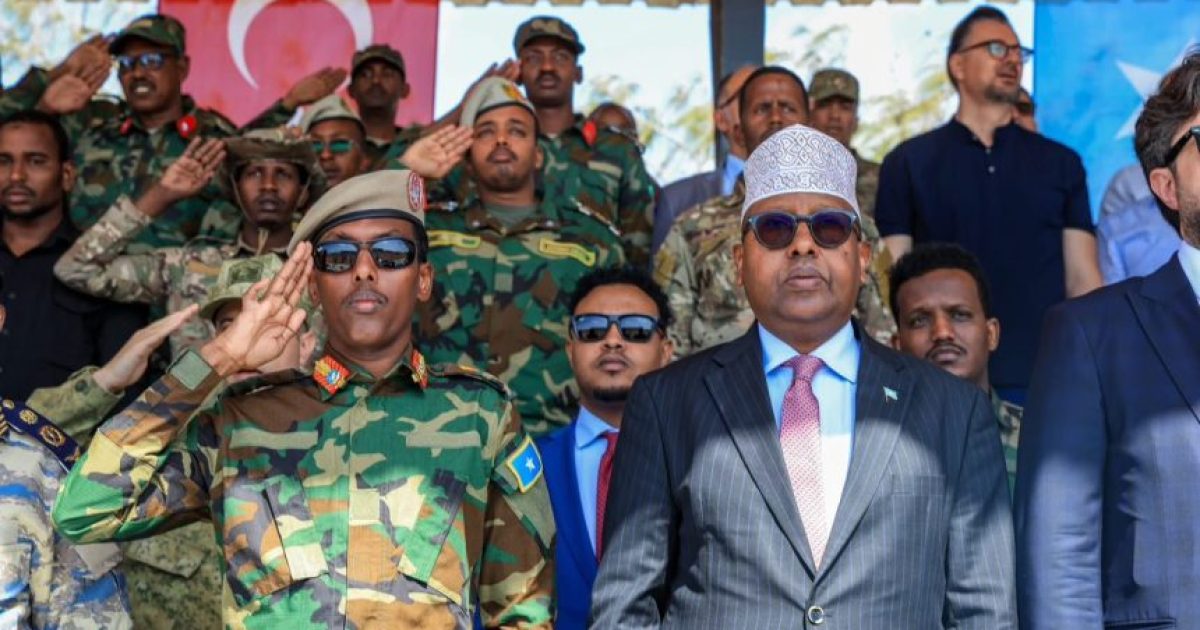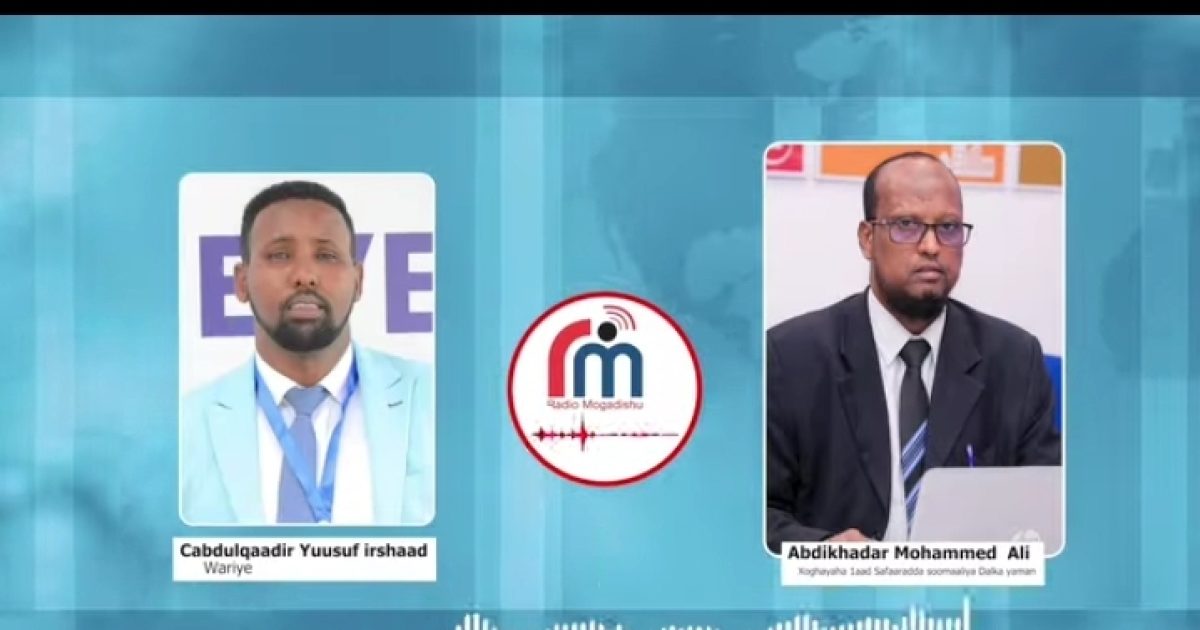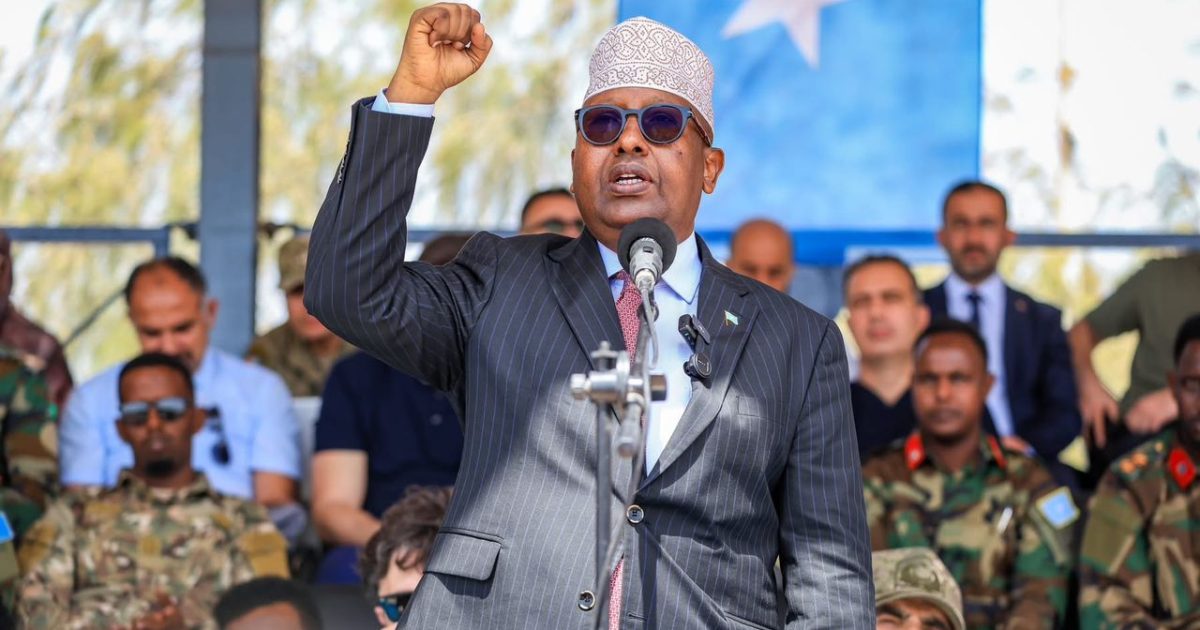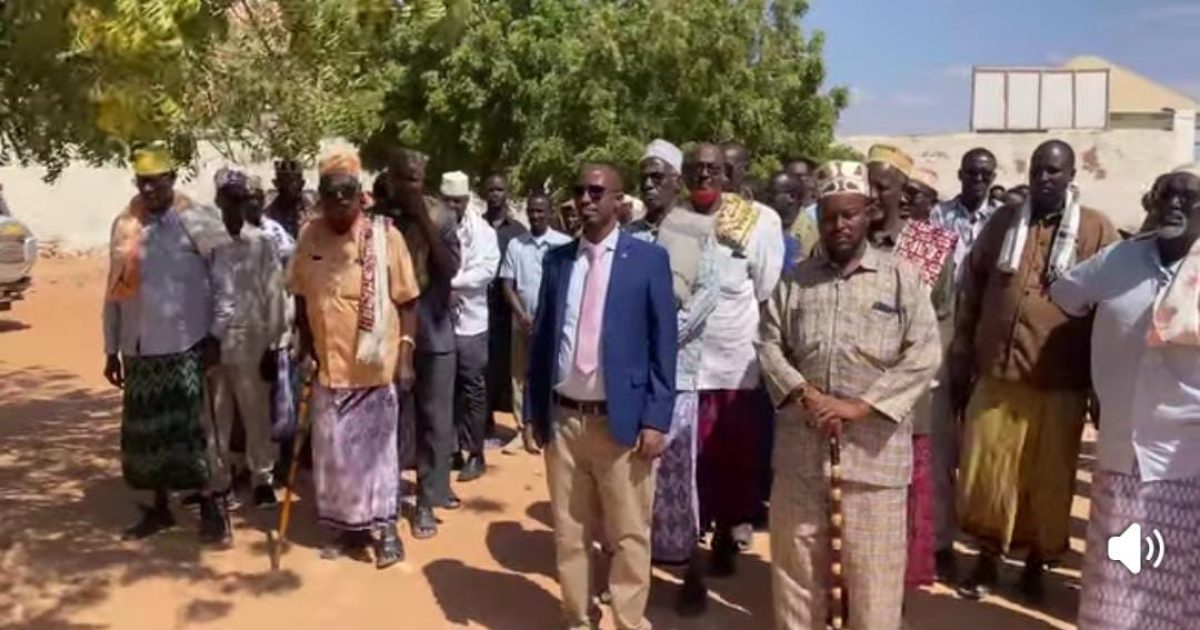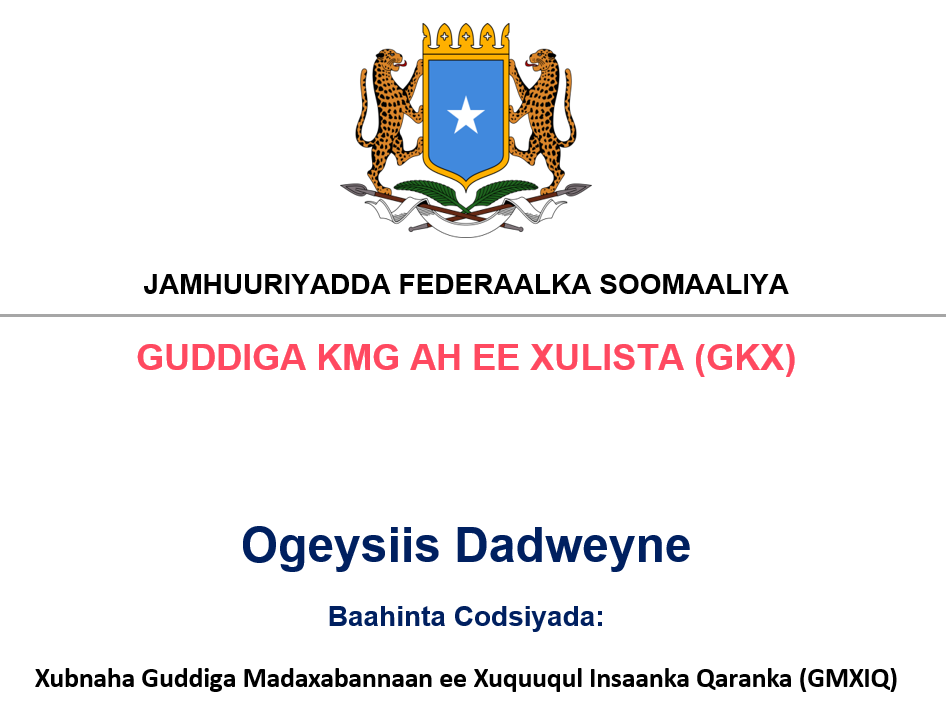Mogadishu, 15 March 2021 – Efforts to protect Somalis during the coronavirus disease (COVID-19) pandemic stepped up today with the arrival of the first shipment of 300,000 doses of the Oxford-AstraZeneca vaccine. The first consignment of vaccines targets, as recommended by the COVID-19 National Task Force, the country’s frontline workers, elderly and people with chronic health conditions and it aims to reduce deaths and diseases caused by COVID-19.
300,000 doses of the Oxford-AstraZeneca vaccine for frontline workers and the most vulnerable.
Overall, Somalia has secured enough vaccines from the COVAX Facility to vaccinate at least 20 per cent of its population, in phases. The COVAX Facility seeks to accelerate the development and manufacturing of COVID-19 vaccines, and to guarantee fair and equitable access for every country in the world. The Government of Somalia is also in the process of assessing ways to provide vaccines for more people.
“The arrival of the COVID-19 vaccines happens at a critical time as Somalia is now experiencing a new wave of the epidemic. It can only be contained if all countries stand together, Somalia included. I call on all healthcare workers and people at high risk who have been prioritized to receive vaccines from this first batch so we can protect our health workforce, other frontline workers and high-risk people,” said Somalia’s Federal Minister of Health, H.E. Dr. Fawziya Abikar Nur.
Somalia has recorded 8,946 confirmed COVID-19 cases, including 349 deaths, since March 2020. From 1 to 22 February 2021, a total of 1,432 new cases and 76 deaths were reported in Mogadishu alone. This has been the largest increase in a week since May-June of 2020 when the epidemic peaked at between 500-600 cases a week.
“The United Nations in Somalia stands ready to support the Somali authorities for the COVAX vaccine roll-out. We are committed to support the government of Somalia to reach out to the most vulnerable groups and frontline workers to ensure that spread of the virus is contained, and that Somali people recover quickly from this pandemic and the country continues making progress towards peace and stability,” said the United Nations Secretary-General’s Special Representative for Somalia, James Swan.
The vaccine, which has been validated by WHO for emergency use and is licensed to the Serum Institute of India, only requires standard refrigeration which makes it easier to transport and store.
The Ministry of Health will build on its extensive, long experience in conducting mass vaccination drives, educate the public in order to gain their support and raise awareness about the value and effectiveness of the vaccine, and utilize existing cold chain supply systems to distribute the vaccines.
History has demonstrated that vaccines are the most cost-effective public health tools available to humanity. Vaccines work and can even eradicate communicable diseases.
“We have strong systems in place to carry out immunization campaigns and enable the safe delivery of the COVID-19 vaccines to frontline workers. This first roll-out of the vaccination will be a landmark step in Somalia’s fight against COVID-19,” said H.E. Dr Fawziya Abikar Nur, the Minister of Health.
“The vaccines have helped other countries reduce the spread of COVID-19, and we are confident they will do the same for Somalis. However, we must emphasize the need to continue other public health prevention measures such as wearing face masks, hand washing, social distancing, expanding the testing capacity across the country, strengthening contact tracing through effective surveillance and the isolation of people who present COVID-19 symptoms – at home, when these are mild and moderate, and in hospitals when needed,” the Minister added.
To create awareness among families on the importance of being vaccinated against the virus, social mobilizers will be deployed to communities to encourage use of the COVID-19 vaccine. They will also reinforce the importance of continuing COVID-19 prevention measures, including washing hands frequently, wearing face masks and observing physical distancing.


